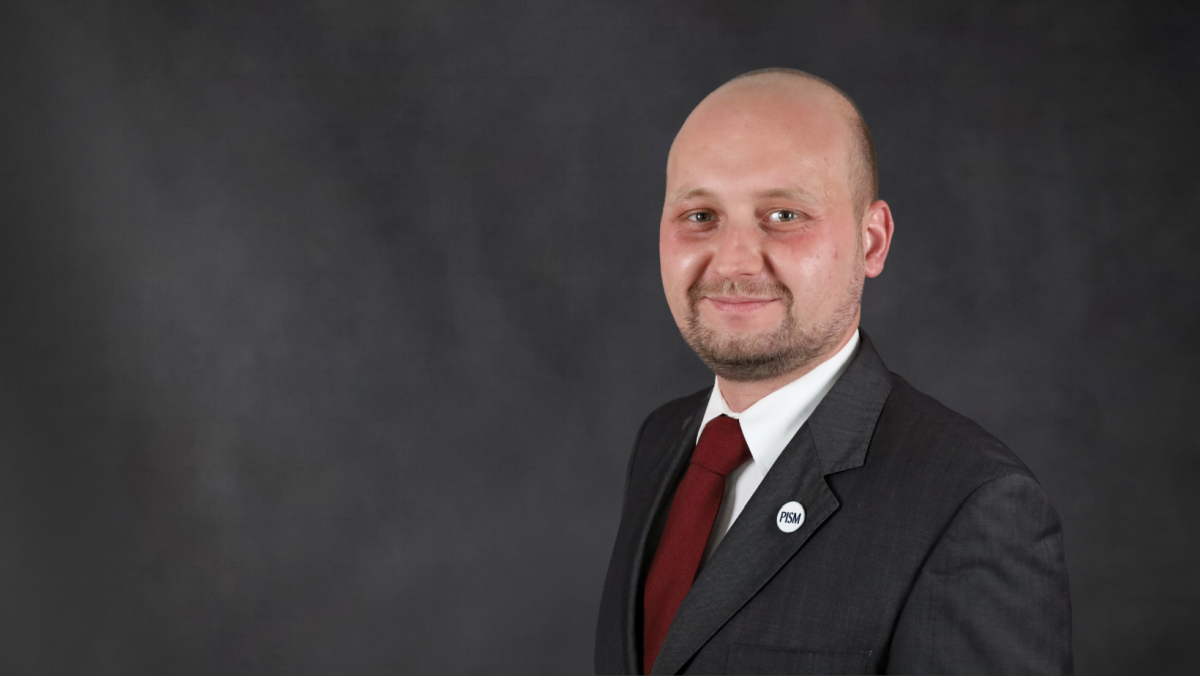The amended GD entered into force on 23 May 2019 and must be implemented by the Member States no later than 24 February 2020. This will impact the operation of Nord Stream 2 (NS2), the Russian company Gazprom’s pipeline linking Russia and the EU through Germany, currently under construction, and, indirectly, also the future of gas transit via the Ukrainian gas transmission system (GTS).
Main Changes in the Directive
The GD extends the scope of the directive to gas pipelines connecting the EU Member States and third countries, eliminating doubts as to whether these are subject to EU law. However, in the case of offshore gas pipelines, the application of the GD is limited to sections up to the limit of the territorial sea (approx. 22 km from the coast) of EU Member States. The GD also provides for exceptions to its basic rules on ownership unbundling, transparent transmission tariffs, and third-party access to a pipeline by making it possible to grant either a derogation to gas pipelines completed before 23 May 2019 or exemptions for those completed after this date.
Derogations are subject to less-stringent conditions. They are granted by an EU Member State when a submarine pipeline connects to the EU network for the first time, and they last for 20 years with the possibility of renewal. Before making a decision on derogation, the state must consult the other EU members through which the gas pipeline runs, and after issuing its decision, it must notify the EC. The GD does not indicate what should happen if there is disagreement in the consultation stage or what steps the European Commission (EC) can take to change the scope of the derogation. It can, therefore, be assumed that the state may be obligated to change its derogation based on a judgment from the Court of Justice (CJEU) if the court declares the state failed to properly apply EU law, which usually takes several years of proceedings.
An exemption may be granted after fulfilling more restrictive criteria and only once, in practice for 20– 25 years, by the regulatory authority of the EU country where the pipeline connects to the EU network. It must first consult the appropriate authorities in the third country where the gas pipeline originates or ends and those in EU countries whose markets are likely to be affected by it. The GD does not state the consequences of a lack of agreement between the regulators but the exemption decision is subject to EC scrutiny, which may request amendments in accordance with the procedure specified in the GD.
The revised GD also regulates the conclusion of inter-state agreements and technical agreements between operators on issues concerning the operation of submarine gas pipelines. In the case of the former, it grants extensive competence to the EC, for example, by requiring its consent. The latter only need to be notified to the regulatory authority in the respective EU Member States after they are concluded.
Possible Consequences
The fullest application of the GD to NS2 would have a profound impact on Russia and Gazprom. The application of the third-party access rule included in the GD would mean that suppliers other than Gazprom would be allowed to use NS2 capacity. To ensure this, Russia would need to abandon its regulations that grant Gazprom the exclusive right to export gas through the pipeline and to create a price competition structure. As a result, Gazprom probably would be forced to lower its gas prices, which would delay its return on investment in NS2 (Gazprom finances half of the costs, estimated at €9.5 billion).
The creation of an independent operator, which would ensure that the capacity is granted under nondiscriminatory terms, would make it harder for Gazprom to use the entire capacity of NS2 to limit transit via Ukraine. Furthermore, if Gazprom owns shares in the NS2 operator, they could be seized by Ukrainian Naftogaz as part of the Gazprom asset freeze in Europe after the Russian company refused to pay $2.56 billion to Naftogaz awarded by an arbitration court.
On the other hand, transparent tariffs for NS2 would—once Ukraine finishes its energy reforms—allow various parties to compare the profitability of gas transit via NS2 and Ukraine’s GTS. This would create additional political costs for Russia and Germany if gas transit via Ukraine is abandoned and might undermine the claim of a business motivation to build the pipeline. As a result, it would be harder for Russia to deprive Ukraine of gas transit income (3-4% of Ukraine’s GDP in 2018).
Threats to the Application of the Directive to NS2
Whether the GD will lead to the consequences described above depends on several factors. First, whether and how Russia, Gazprom, and its daughter company constructing NS2 (Nord Stream 2 AG, or NS2AG) take advantage of the exceptions provided for in the GD to avoid restrictions on the operation of NS2. Gazprom and NS2AG are demanding a derogation for the pipeline, arguing that the NS2 section regulated by the directive was laid out in German territorial waters before 23 May. However, granting a derogation for this section would be contrary to the provisions of the GD that allow derogations for sections of “transmission lines (...) built before 23 May 2019”. This means that the entire gas pipeline must have been built by this date. Therefore, NS2 should only be eligible for an exemption, and only if it meets the criteria laid down in the GD, which is arguable.
As the GD is formally applicable only to a small section of the NS2, Russia and Gazprom will probably try to find solutions to limit the consequences of the application of the directive to this section. In this way, Gazprom could, for example, manipulate transmission charges for the remaining part of the pipeline or bypass the provisions regarding third-party access. Russia may also try to evade some of the effects at the national level, for example, by abolishing Gazprom’s export monopoly and using instruments of control over national energy companies (also informal ones) to prevent them from competing for customers.
The application of the GD to NS2 also may be affected by how Germany translates the directive into national law and by the ability of the German energy regulator, BNetzA, to reliably enforce its provisions. So far, Germany has not properly implemented the GD, even in its original version of 2009, incorrectly regulating, among others, the institution of independent transmission operator, and failing to secure sufficient legal independence of BNetzA. The EC brought these failures to the Germans’ attention in 2015, and in 2018 launched infringement proceedings before the CJEU, which are still ongoing. Forcing BNetzA to enforce the proper application to NS2 might take the EC and the CJEU up to several years.
Applying the directive to NS2 is also threatened by Russia, Gazprom, and NS2AG’s attempts to undermine the GD as discriminatory. In their view, under the GD, NS2 cannot be granted either a derogation or an exemption. This argument, however, is incorrect because the GD does not exclude the possibility of granting an exemption to gas pipelines whose construction start date came before the submission of the application for the exemption. Nevertheless, NS2AG warns that it will challenge the amended GD before an arbitration court based on supposed violations of the Energy Charter Treaty while also emphasizing the alleged economic benefits that NS2 is to bring to the EU.
Conclusions and Recommendations
The amendments to the GD were meant to end the controversies around the application of EU law to NS2. However, some remain and are crucial, including the interpretation of the directive, its implementation into German law, and the EC’s oversight of how the exceptions provided for in the GD are applied. Poland may monitor the GD’s implementation and its application to NS2 by BNetzA. Any observed irregularities, if reported to the EC, would encourage the Commission to take immediate action. It would also be desirable to demand that Poland be included in consultations on the process of granting exemptions or derogations. This would allow it to make its voice heard concerning any negative impact of these exceptions, such as effects on competition on the Polish gas market and the security of gas supply to the EU.
It is also in Poland’s interest to counter Russia’s claims of discrimination against Russian companies in the EU and the supposed economic benefits of NS2. Moreover, it cannot be ruled out that Russia may orchestrate a gas supply crisis via the Ukrainian route to try to force the EU to make concessions on GD application to NS2 on the grounds of security of supply.





